"Impactful" is a sentiment you will sense from several Ashesi graduates when describing their experience at Ashesi. The Ashesi experience is built around community, yet how one navigates the terrain, moving on from year to year can be exciting or in some ways daunting. Here, a few members of the Class of 2016 share parting advice in welcoming members of the Class of 2020.
Alfred Achiampong '16
Business Administration![]()
Out of all the people I met at Ashesi, majority said they actually wanted to come to Ashesi. It was the exact opposite for me. Driven by passion to become an artist, I honestly did not see how such an institution could be aligned with my passion and further help me accomplish my goal. However, my four years here have had a major impact on my previous perception of Ashesi. I didn’t get the chance to have any art classes or push my artistic prowess to its endless limit. However, with a vision of wanting to raise entrepreneurial leaders, Ashesi has showed me how to combine my artistic gift with the entrepreneurial skills I acquired, making me a product of that vision.
Ashesi, may not be for everyone. However, I can guarantee you that it will definitely have an impact in your life. Regardless of whether the impact is small or colossal in nature, this is an experience that will leave an indelible mark. In the same way, before you leave as an alum, give the Ashesi community a reason to remember you. Welcome to Ashesi!
Esohe Ivymaria Osagie-Erese '16
Business Administration
![]()
Being an International student, Ashesi became a second home for me. In four years, I learnt so much about myself. Ashesi helped me know who I wanted to be and what I needed to do to achieve that. I realised that the healthy competition between my peers awoke a hunger and the zeal to make a better Africa.
So, Welcome to Ashesi! I promise things will get tough, but everyday you spend learning, not just in but outside the classroom, will definitely be worth it. So enjoy the fun times and learn from the difficult times no matter how difficult it is. And eventually when your name is called to receive that certificate, every step you take towards it will only reassure you that excellence truly is in you. Ayekoo Class of 2020!!!
Israel Agyeman-Prempeh '16
Computer Science
![]() Ashesi University gave me a different perspective in solving problems in an analytical manner. All my lecturers were a great sources of encouragement, who taught me to dream big. My outlook on life has changed and I no longer understand what the word impossible means. As hard as I try, “I can’t think far”.
Ashesi University gave me a different perspective in solving problems in an analytical manner. All my lecturers were a great sources of encouragement, who taught me to dream big. My outlook on life has changed and I no longer understand what the word impossible means. As hard as I try, “I can’t think far”.
Welcome to Ashesi! Take a stab at every opportunity you can! Have fun, and meet people! Lastly create your own future and let no-one tell you otherwise, you have just joined league of extraordinary ladies and gentlemen!
Effie Bartels-Kodwo '16
Business Administration
![]() Ashesi is really what you make it. I have come to understand that diligence in anything you do brings good results. Whatever you think you want to do or are interested in doing, DO IT! Do not listen to people too much, do not compare yourself to others and do not quit when it fails. These fours years are supposed to be some of the best in your lives so enjoy Ashesi and have no regrets.
Ashesi is really what you make it. I have come to understand that diligence in anything you do brings good results. Whatever you think you want to do or are interested in doing, DO IT! Do not listen to people too much, do not compare yourself to others and do not quit when it fails. These fours years are supposed to be some of the best in your lives so enjoy Ashesi and have no regrets.
Welcome class of 2020 and GO BIG, always!
Dan Gyinaye Poku ‘16
Computer Science
![]() As I moved up from freshman year to senior year, Ashesi made me realize it’s not really about me and a cool education. It’s about a shared value where we act as catalysts for positive change for our world. I saw the defect of the African society (in particular) creatively laid bare in most of my classes for truth to be told and known. Knowledge was not what I only came here for; I was taught to carefully melt it into a key cast with action and equity to unlock Africa’s door latch to prosperity, starting with my immediate community.
As I moved up from freshman year to senior year, Ashesi made me realize it’s not really about me and a cool education. It’s about a shared value where we act as catalysts for positive change for our world. I saw the defect of the African society (in particular) creatively laid bare in most of my classes for truth to be told and known. Knowledge was not what I only came here for; I was taught to carefully melt it into a key cast with action and equity to unlock Africa’s door latch to prosperity, starting with my immediate community.
Trust me, there is a lot of fun and pretty cool stuff up here on this hill, but be moderate in your expectations. Ashesi is not recreating a fantastic learning experience unheard-of, or renewing the world for you, Ashesi renews you for the world. And when the time is due in 2020, toss your graduation caps in readiness to help reshape lives and systems, and to create a better experience for all than what you see today.
Welcome folks! Welcome to the beginning.
Ibrahim Khalil Soumahoro ‘16
Business Administration
![]() My time at Ashesi taught me the importance of diversity and networking. Being among a pool of some of the smartest students from all over the world helped me challenge myself constantly, understand different cultures, and have a better understanding of some of the worlds pressing issues from different perspectives. I was able to build a strong network and now I can feel at home wherever I find myself in Africa.
My time at Ashesi taught me the importance of diversity and networking. Being among a pool of some of the smartest students from all over the world helped me challenge myself constantly, understand different cultures, and have a better understanding of some of the worlds pressing issues from different perspectives. I was able to build a strong network and now I can feel at home wherever I find myself in Africa.
To the class of 2020, congratulations on making it to one of the best educational institution in Africa.
One piece of advice: Do not be afraid to succeed! There will come many times when you will find yourself challenged but at the same time, Ashesi will provide you with all the resources and infrastructure that will help you overcome them.
Always seek for help. From your colleagues and those before you who are some of the smartest students, to your lecturers; some of the most brilliants in their field of study, everyone is willing to help. Make good use of them. Also, Ashesi will give you exposure to so many opportunities. Make great use of them. Finally, make sure you have fun and enjoy your stay.
Dorcas Amoh-Mensah '16
Business Administration
![]() Ashesi was a challenge. I realized if an educational system does not challenge you to think differently and critically, and push you out of your comfort zone leading to deeper self-discovery and transformation then you have not been educated. This is what Ashesi exposed me to. I realized there is hope for the continent if many students are educated this way.
Ashesi was a challenge. I realized if an educational system does not challenge you to think differently and critically, and push you out of your comfort zone leading to deeper self-discovery and transformation then you have not been educated. This is what Ashesi exposed me to. I realized there is hope for the continent if many students are educated this way.
Welcome to the system that would challenge you beyond your imagination but the most important thing is that every challenge can be surmounted with determination and focus. So take up this challenge of being an Ashesi student and bet me, you will be happy you did. Welcome 2020.
Apply to be a member of the Class of 2020 here. Deadline for Round 2 ends June 30, 2016.
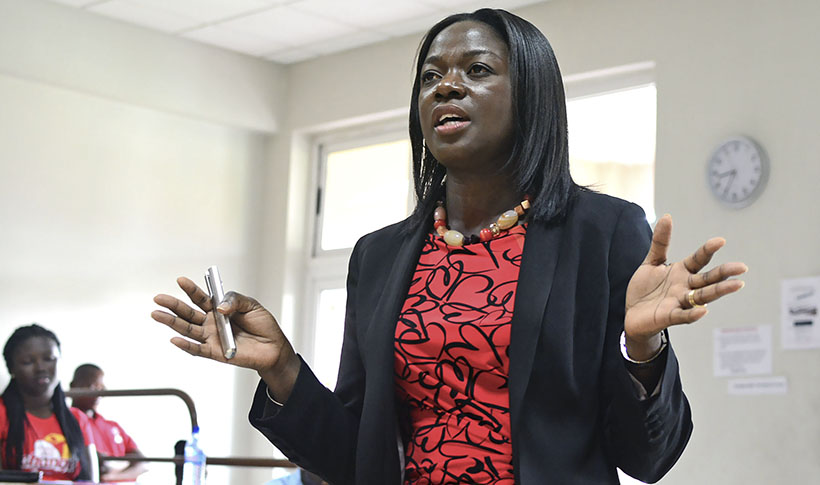
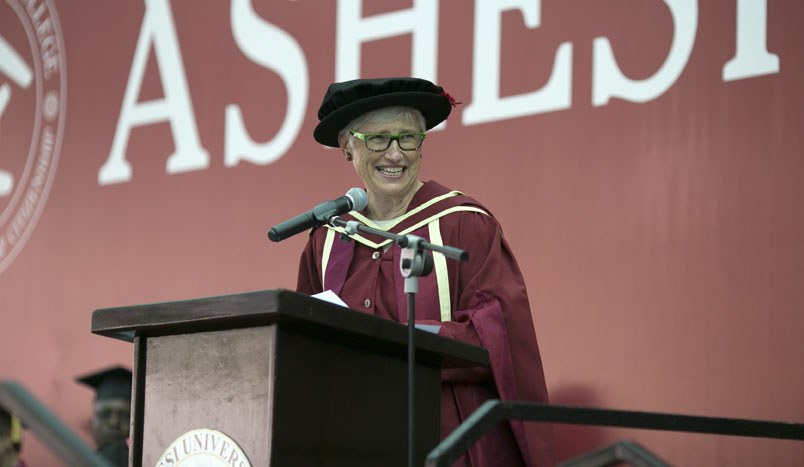
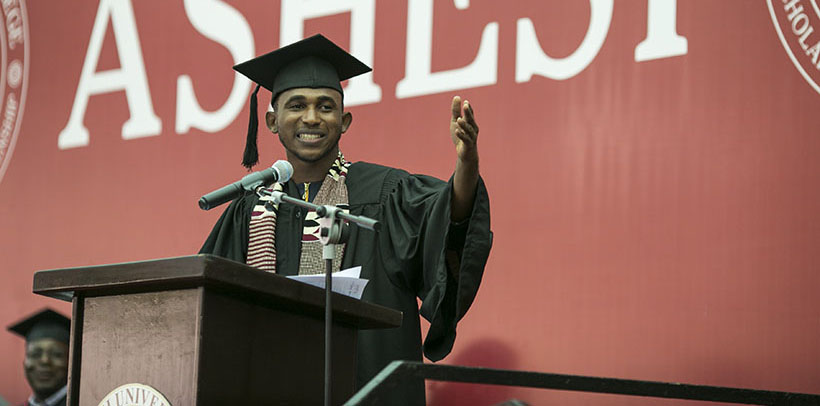
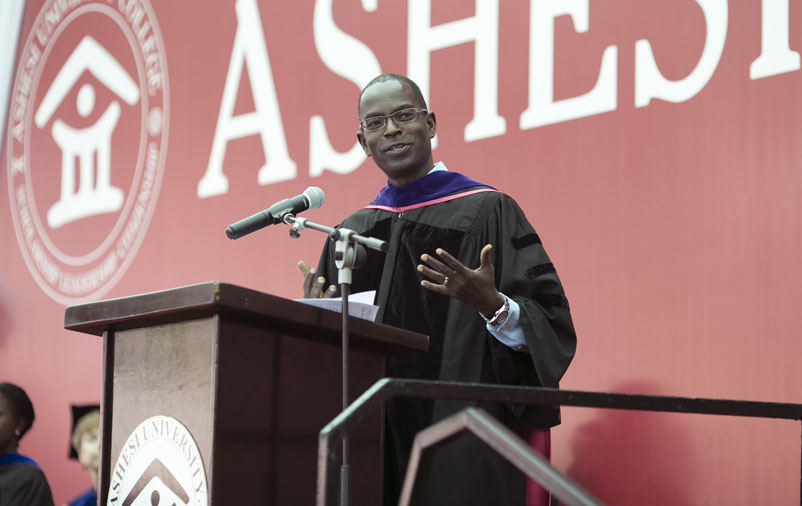
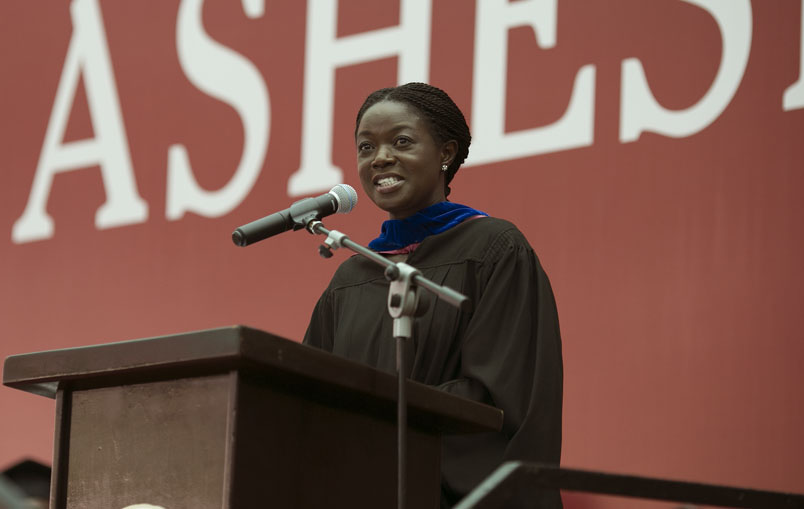
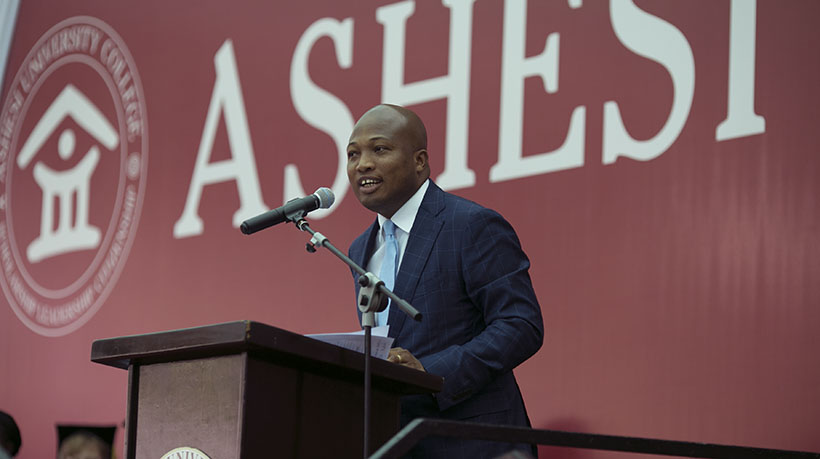
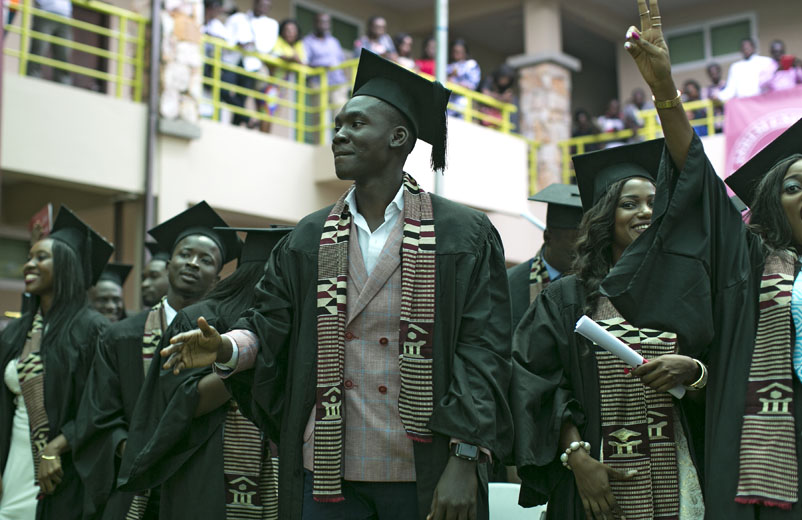
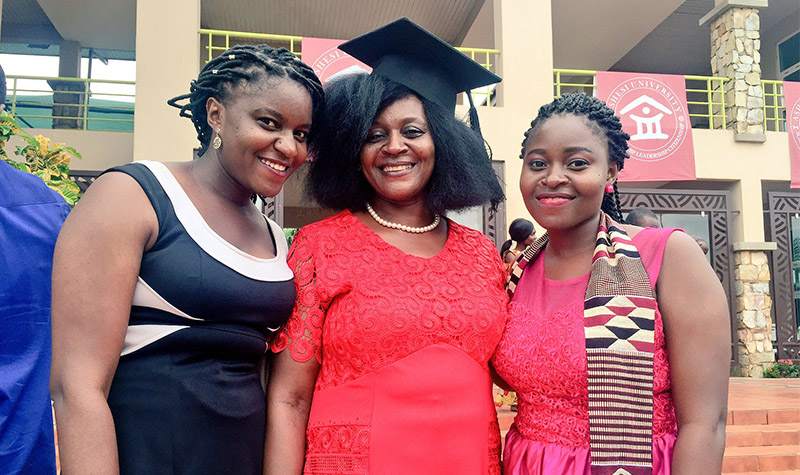
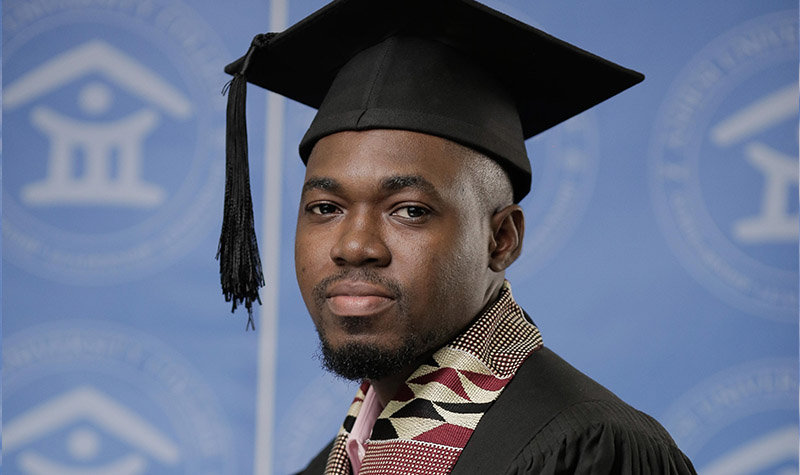
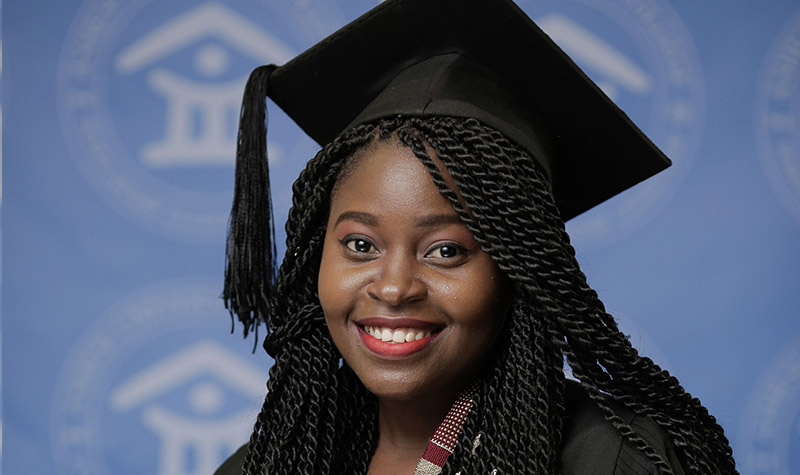
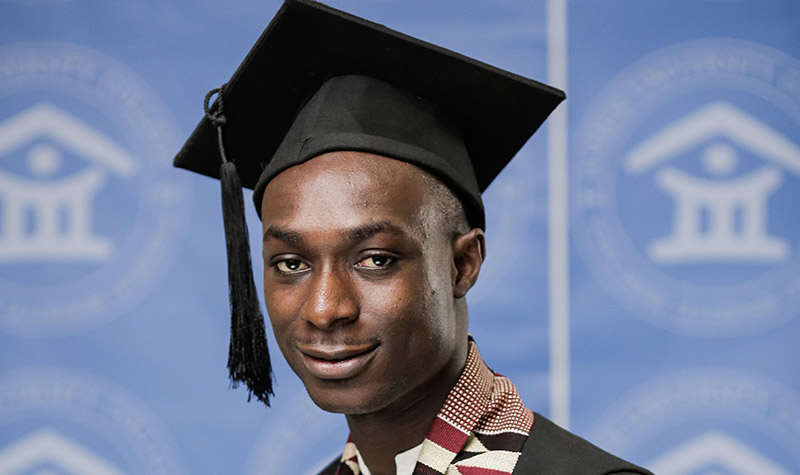 Ashesi University gave me a different perspective in solving problems in an analytical manner. All my lecturers were a great sources of encouragement, who taught me to dream big. My outlook on life has changed and I no longer understand what the word impossible means. As hard as I try, “I can’t think far”.
Ashesi University gave me a different perspective in solving problems in an analytical manner. All my lecturers were a great sources of encouragement, who taught me to dream big. My outlook on life has changed and I no longer understand what the word impossible means. As hard as I try, “I can’t think far”. 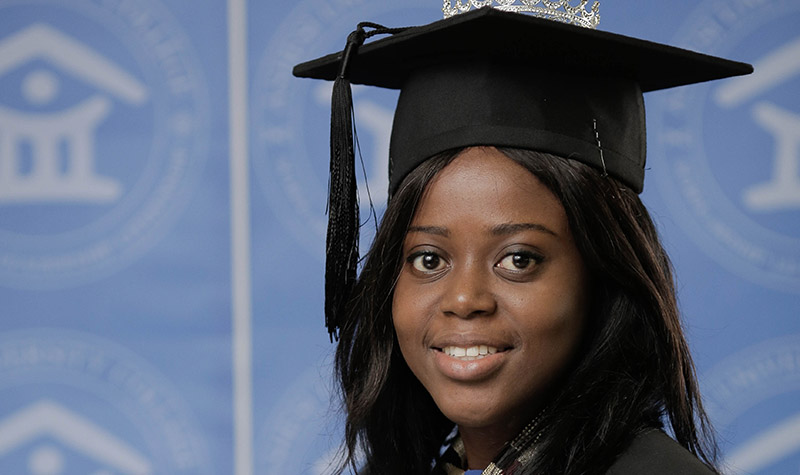 Ashesi is really what you make it. I have come to understand that diligence in anything you do brings good results. Whatever you think you want to do or are interested in doing, DO IT! Do not listen to people too much, do not compare yourself to others and do not quit when it fails. These fours years are supposed to be some of the best in your lives so enjoy Ashesi and have no regrets.
Ashesi is really what you make it. I have come to understand that diligence in anything you do brings good results. Whatever you think you want to do or are interested in doing, DO IT! Do not listen to people too much, do not compare yourself to others and do not quit when it fails. These fours years are supposed to be some of the best in your lives so enjoy Ashesi and have no regrets. 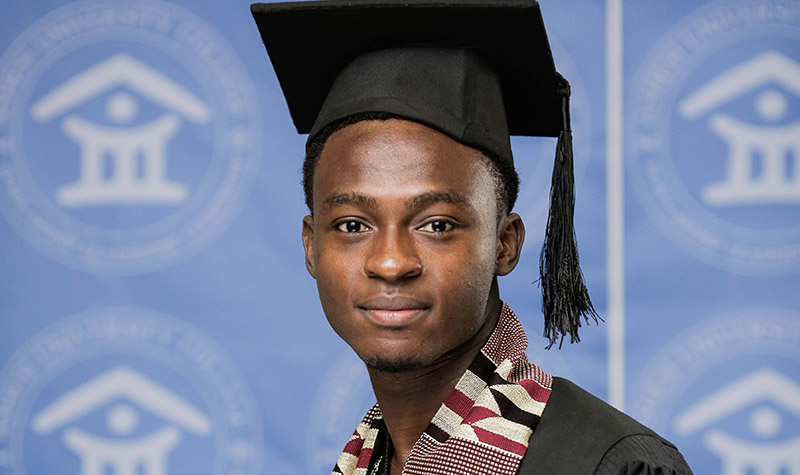 As I moved up from freshman year to senior year, Ashesi made me realize it’s not really about me and a cool education. It’s about a shared value where we act as catalysts for positive change for our world. I saw the defect of the African society (in particular) creatively laid bare in most of my classes for truth to be told and known. Knowledge was not what I only came here for; I was taught to carefully melt it into a key cast with action and equity to unlock Africa’s door latch to prosperity, starting with my immediate community.
As I moved up from freshman year to senior year, Ashesi made me realize it’s not really about me and a cool education. It’s about a shared value where we act as catalysts for positive change for our world. I saw the defect of the African society (in particular) creatively laid bare in most of my classes for truth to be told and known. Knowledge was not what I only came here for; I was taught to carefully melt it into a key cast with action and equity to unlock Africa’s door latch to prosperity, starting with my immediate community. 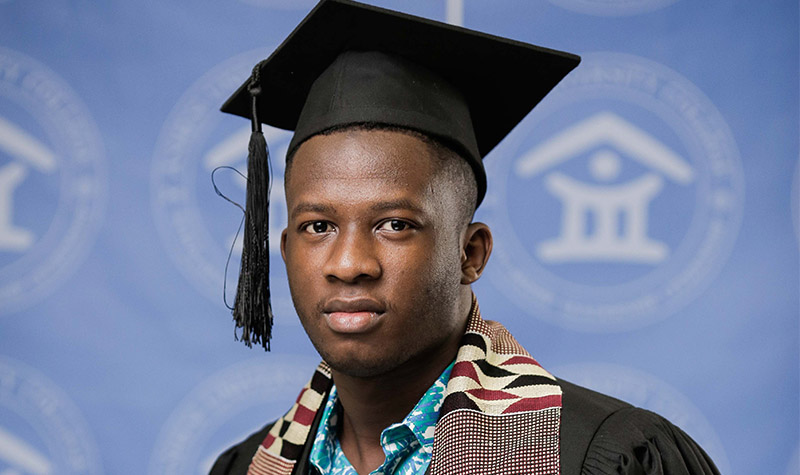 My time at Ashesi taught me the importance of diversity and networking. Being among a pool of some of the smartest students from all over the world helped me challenge myself constantly, understand different cultures, and have a better understanding of some of the worlds pressing issues from different perspectives. I was able to build a strong network and now I can feel at home wherever I find myself in Africa.
My time at Ashesi taught me the importance of diversity and networking. Being among a pool of some of the smartest students from all over the world helped me challenge myself constantly, understand different cultures, and have a better understanding of some of the worlds pressing issues from different perspectives. I was able to build a strong network and now I can feel at home wherever I find myself in Africa. 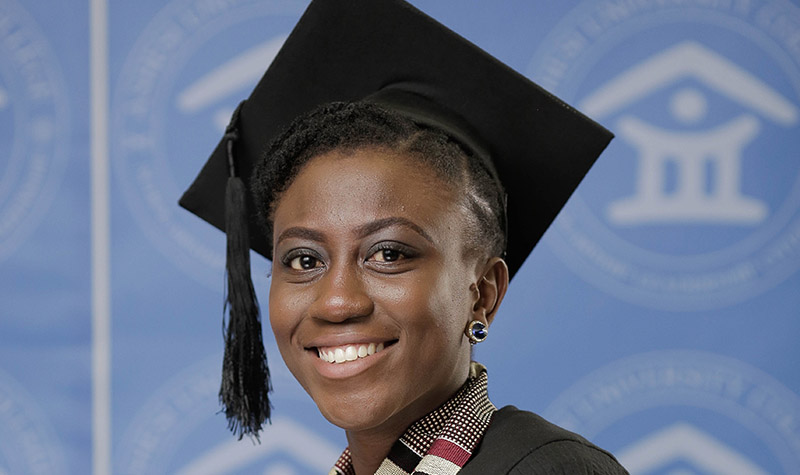 Ashesi was a challenge. I realized if an educational system does not challenge you to think differently and critically, and push you out of your comfort zone leading to deeper self-discovery and transformation then you have not been educated. This is what Ashesi exposed me to. I realized there is hope for the continent if many students are educated this way.
Ashesi was a challenge. I realized if an educational system does not challenge you to think differently and critically, and push you out of your comfort zone leading to deeper self-discovery and transformation then you have not been educated. This is what Ashesi exposed me to. I realized there is hope for the continent if many students are educated this way.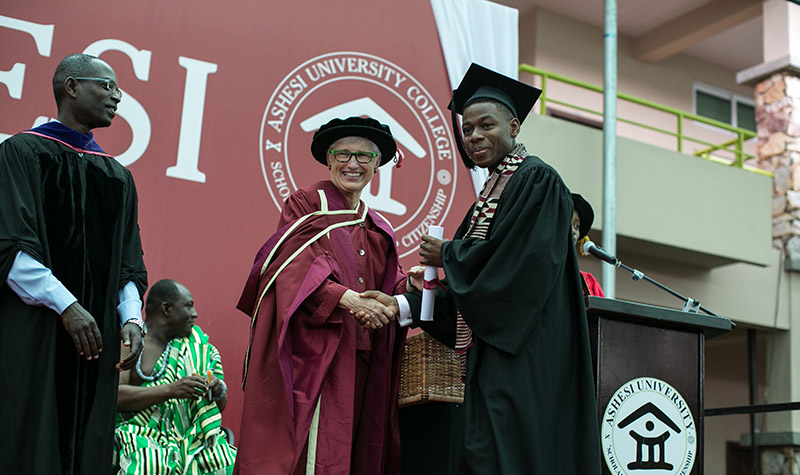 [Victor Kafui Vorgbe '16 graduated summa cum laude]
[Victor Kafui Vorgbe '16 graduated summa cum laude] 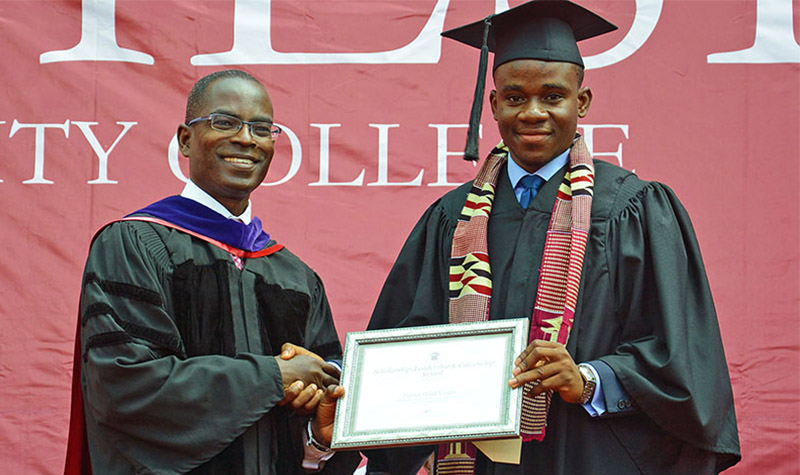 [Francis Delali Vorgbe '14, past recipient of Ashesi's Presidential Award]
[Francis Delali Vorgbe '14, past recipient of Ashesi's Presidential Award] 

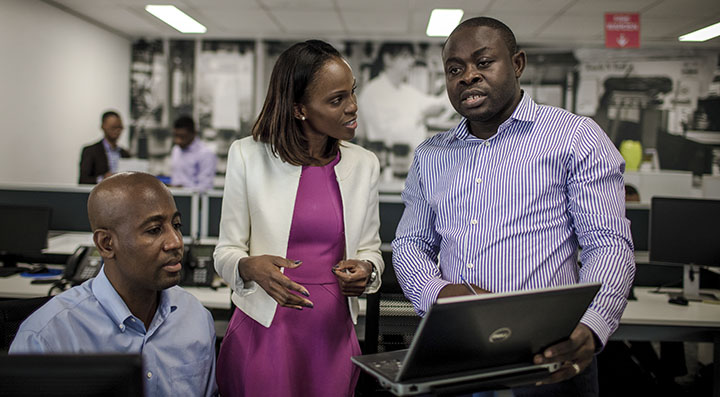
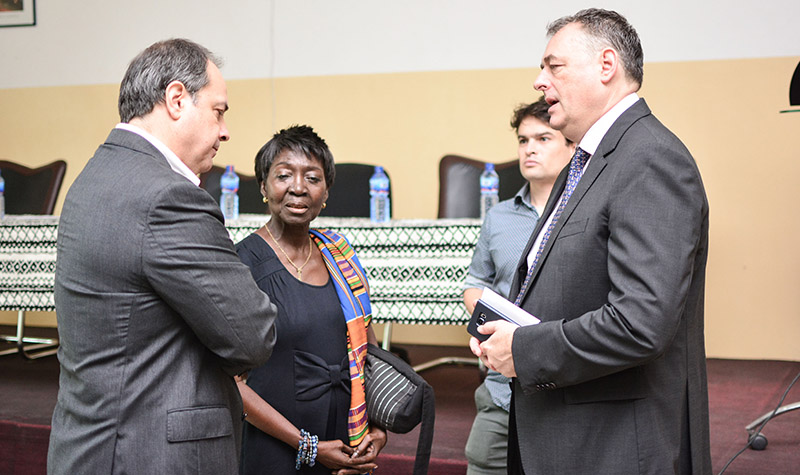
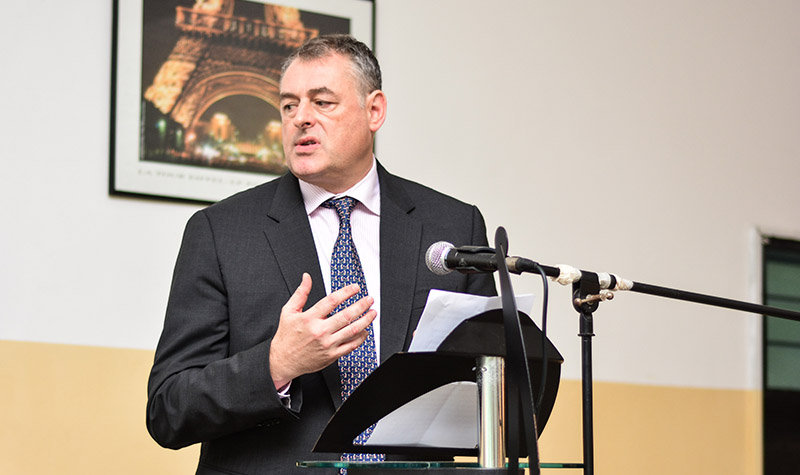
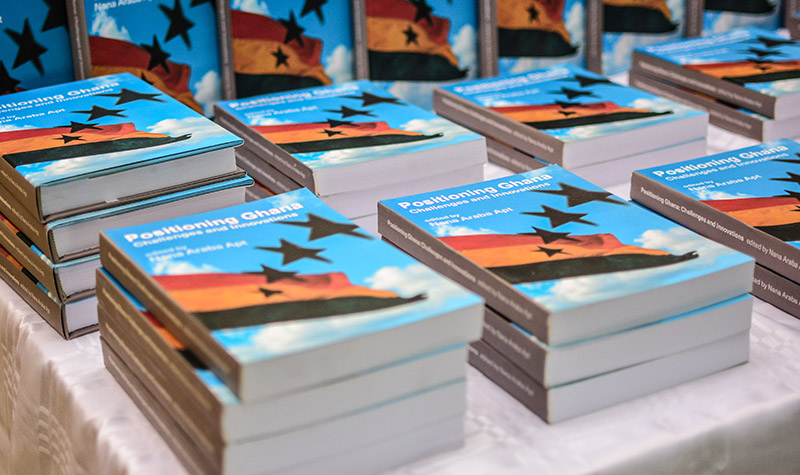
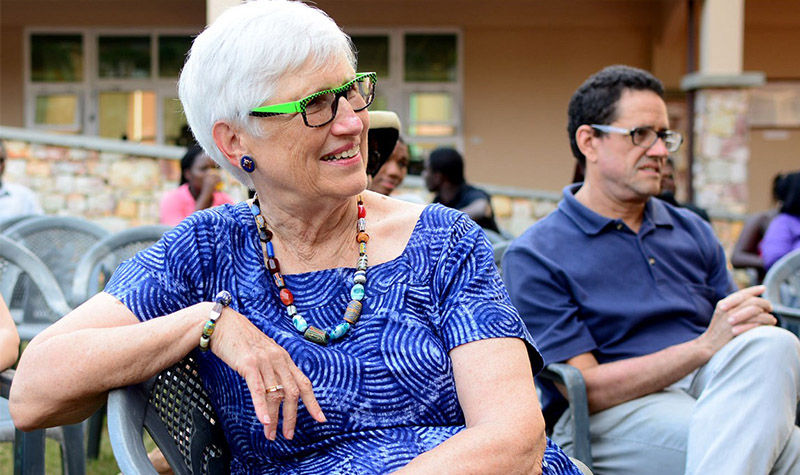 While Ashesi’s community will miss Marcia’s presence, her legacy will remain indelible in the building blocks of Ashesi’s growth. At Ashesi’s 12th commencement, the Deputy Minister of Education announced that
While Ashesi’s community will miss Marcia’s presence, her legacy will remain indelible in the building blocks of Ashesi’s growth. At Ashesi’s 12th commencement, the Deputy Minister of Education announced that 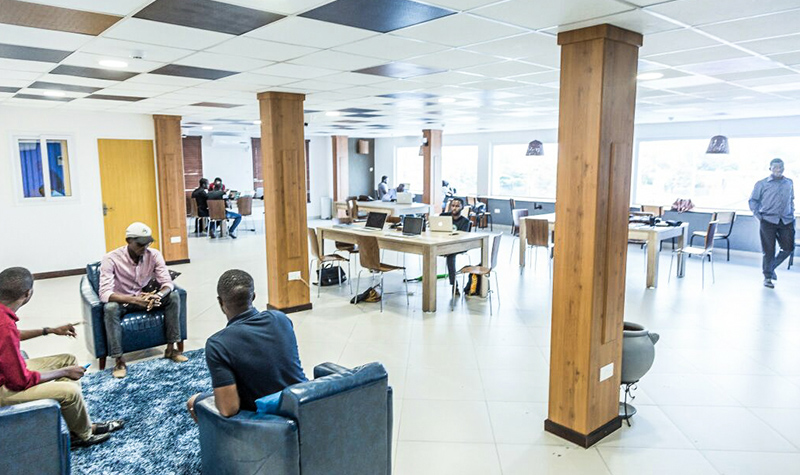
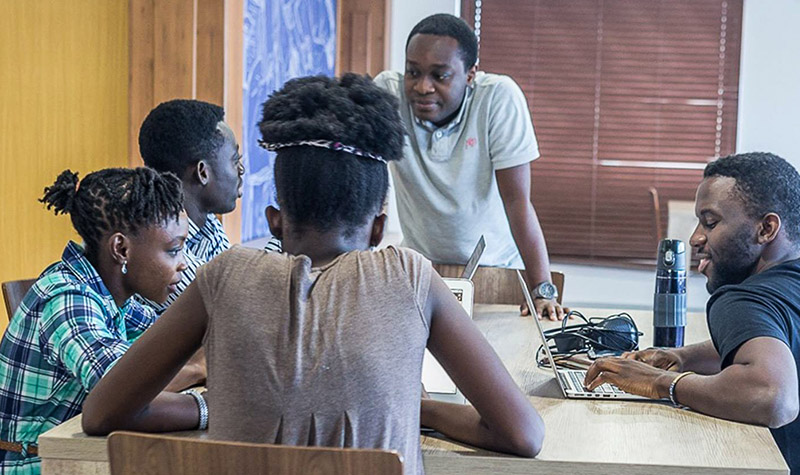
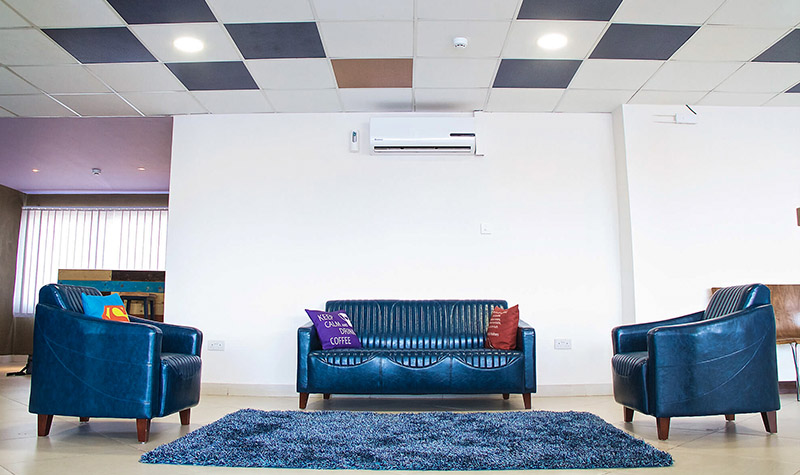
 Photo: Students at Google Offices in Madrid
Photo: Students at Google Offices in Madrid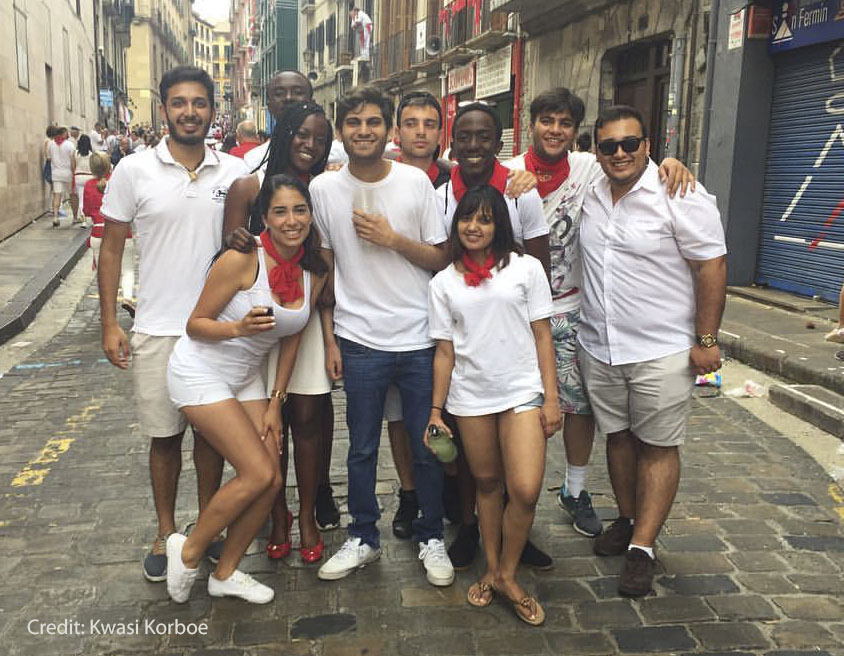 Photo: Students join classmates at the San Fermin Festival in Madrid
Photo: Students join classmates at the San Fermin Festival in Madrid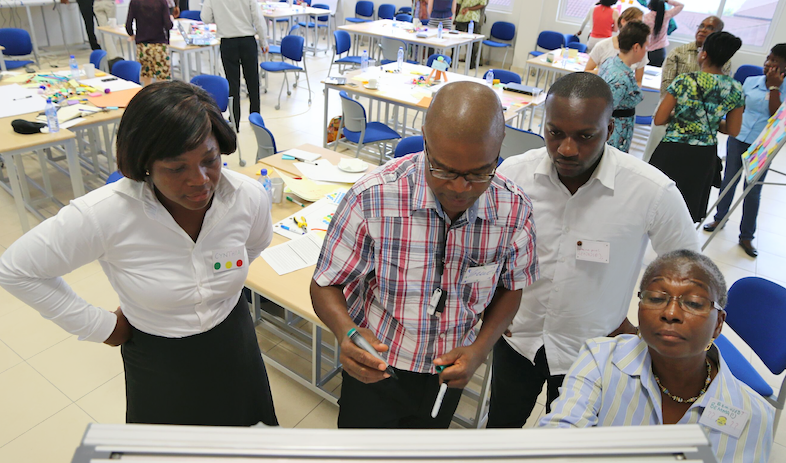
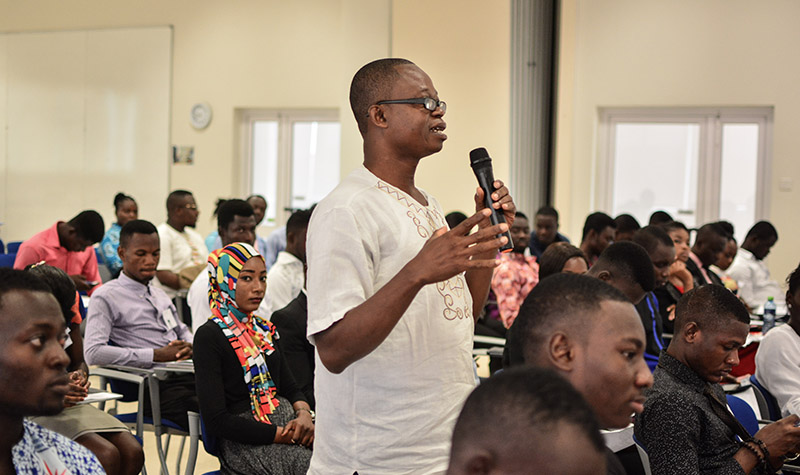
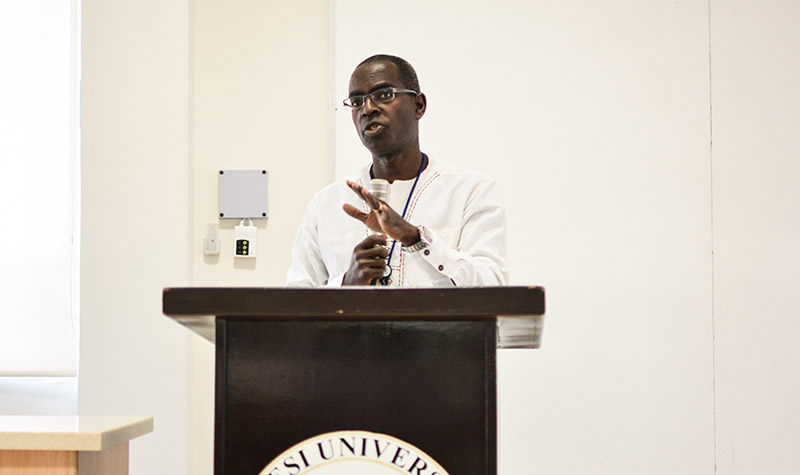
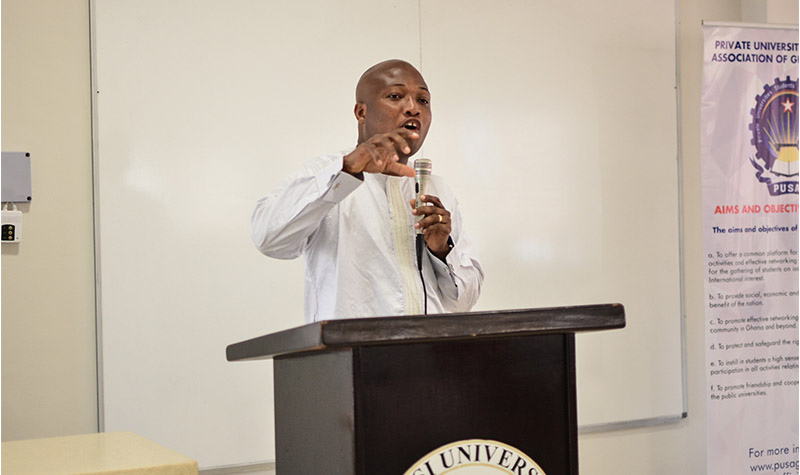
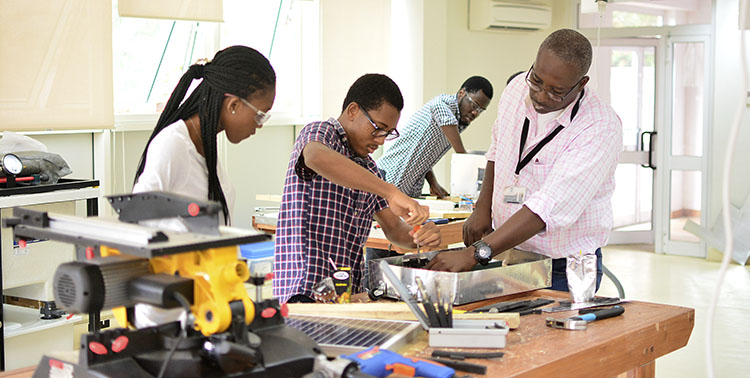
 Visiting the Colosseum in Rome
Visiting the Colosseum in Rome
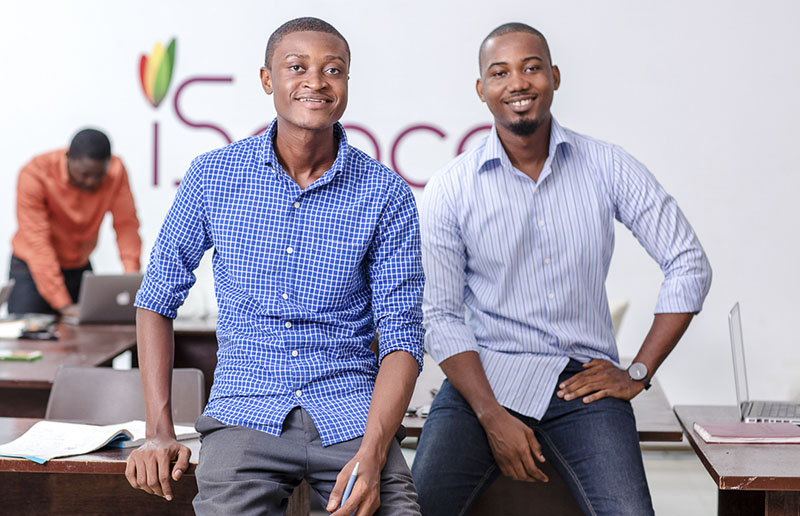 Their first attempt at pitching their services to a local company seemed to have gone well, until they got a call saying the contract they bid for had been awarded to someone else. And though they were prepared to go through the process with several other businesses for the next few weeks, a referral from an Ashesi alumnus helped them win an unexpected first contract.
Their first attempt at pitching their services to a local company seemed to have gone well, until they got a call saying the contract they bid for had been awarded to someone else. And though they were prepared to go through the process with several other businesses for the next few weeks, a referral from an Ashesi alumnus helped them win an unexpected first contract.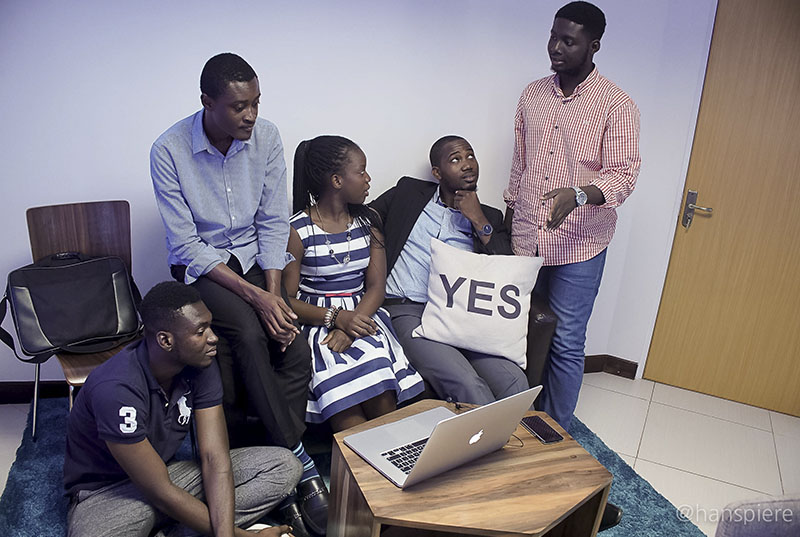 With that in mind the two moved to a new office, which they also left after four months, because the rent went up after their trial period, and was more than their business could afford. “It was not easy finding affordable space, and we spent most of 2015 just trying to find a more permanent home. In 2016, they learned about the Workshed,
With that in mind the two moved to a new office, which they also left after four months, because the rent went up after their trial period, and was more than their business could afford. “It was not easy finding affordable space, and we spent most of 2015 just trying to find a more permanent home. In 2016, they learned about the Workshed, 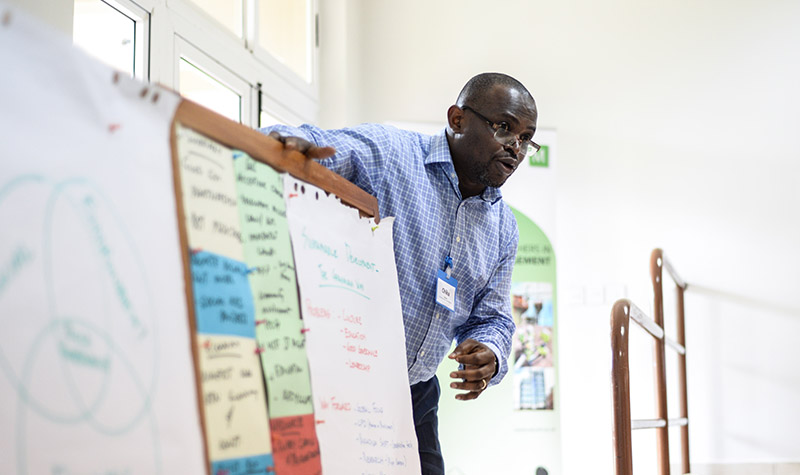
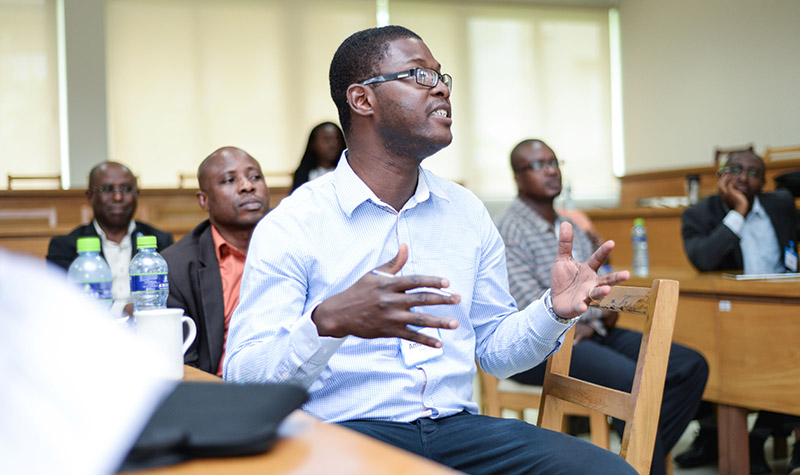


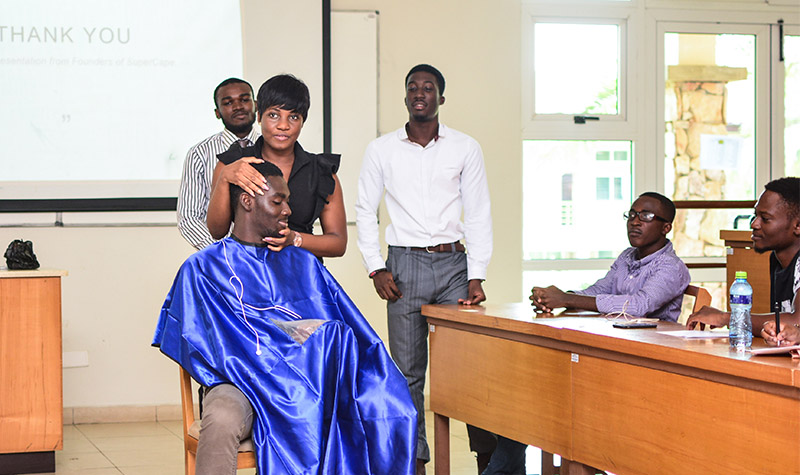 Students pitching a produce in Anthony Spio's New Product Development class
Students pitching a produce in Anthony Spio's New Product Development class